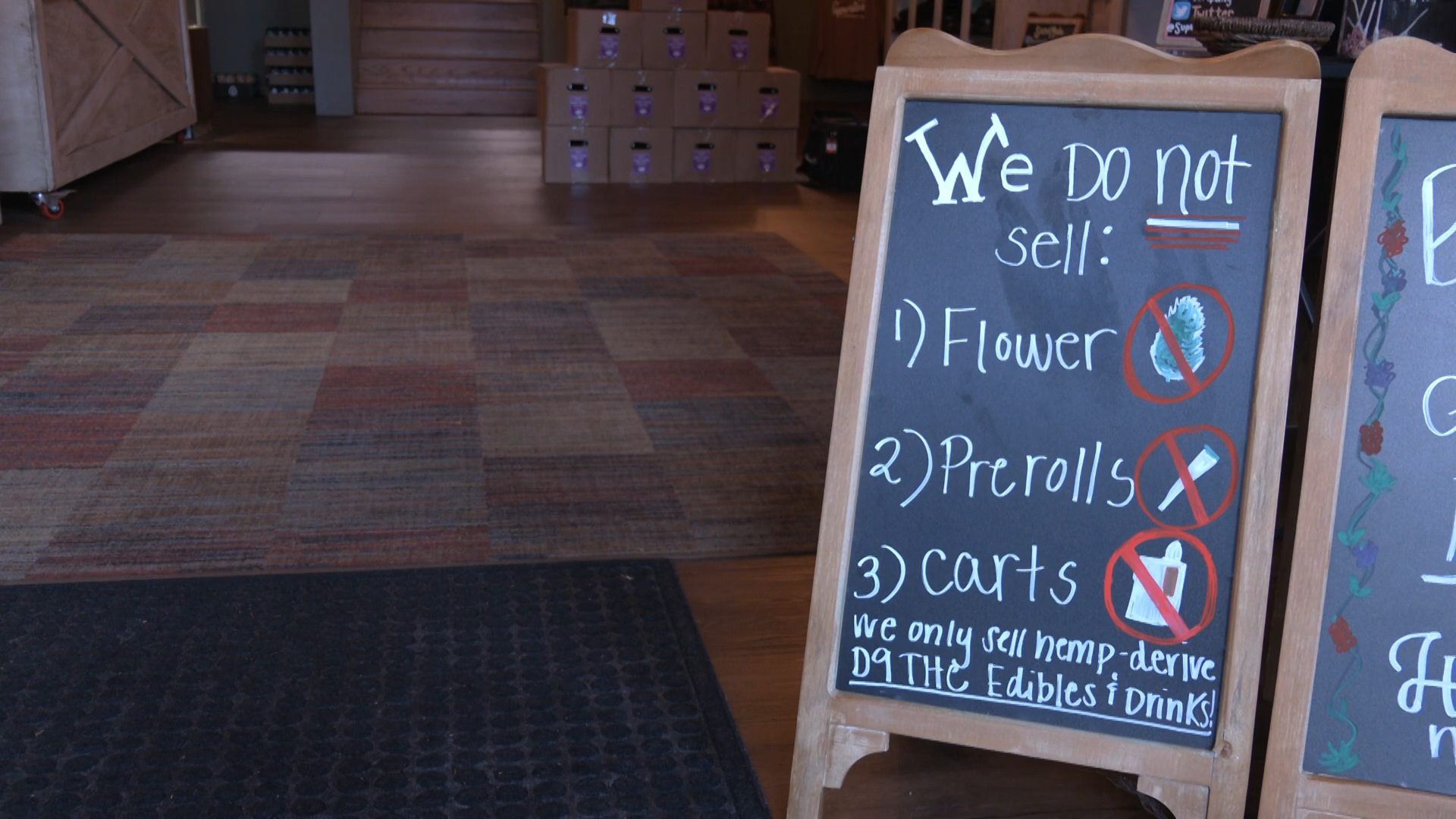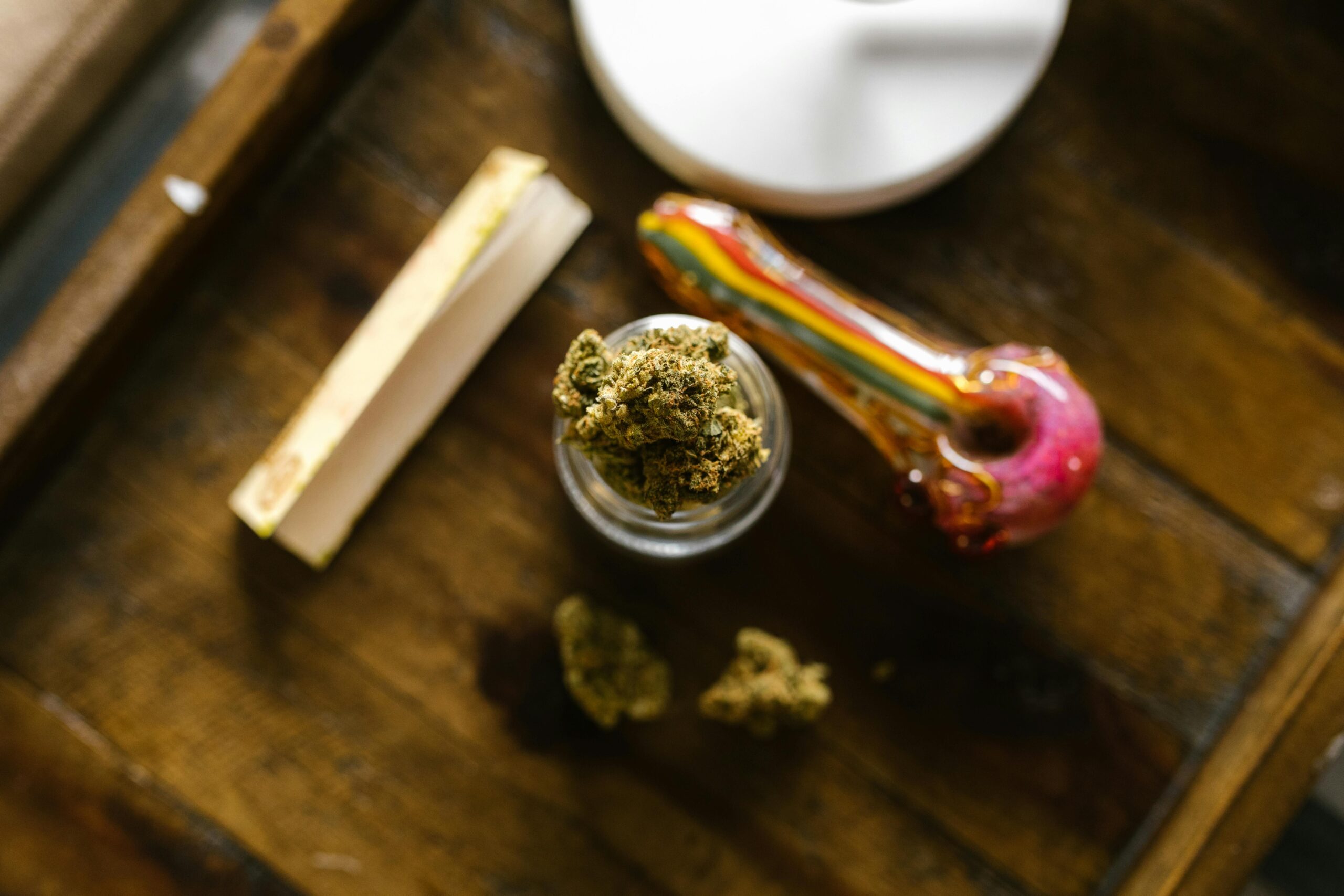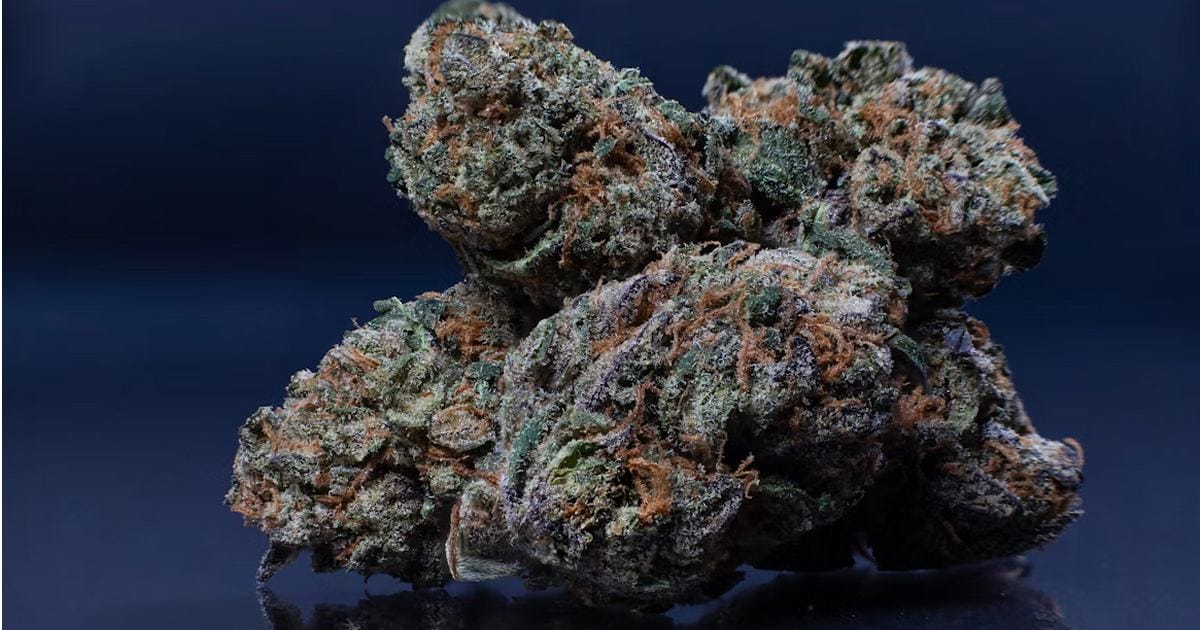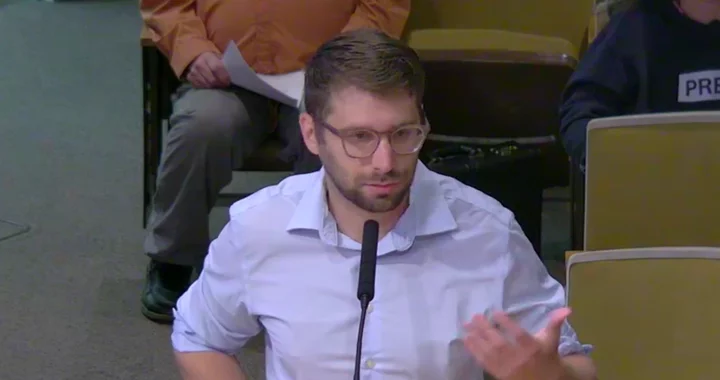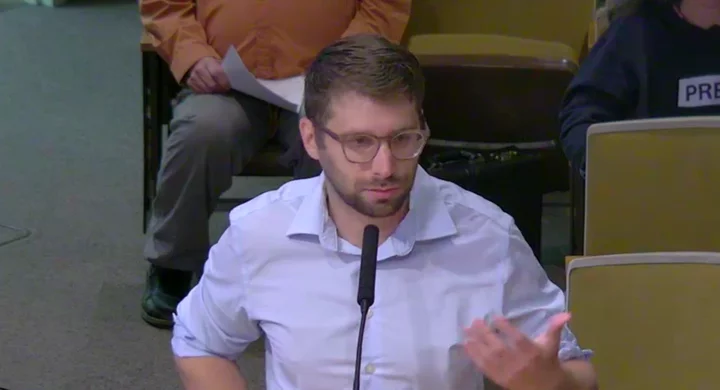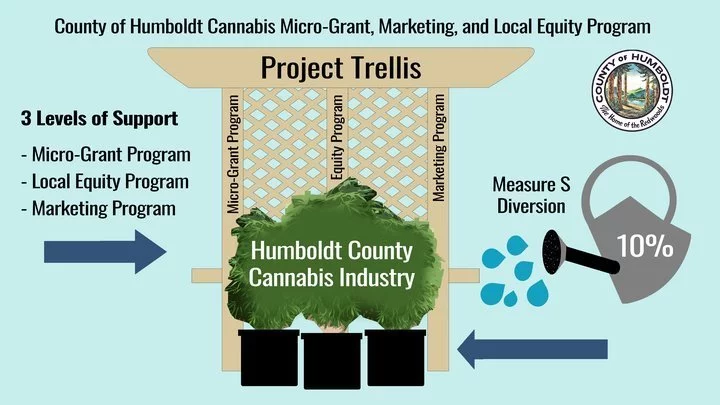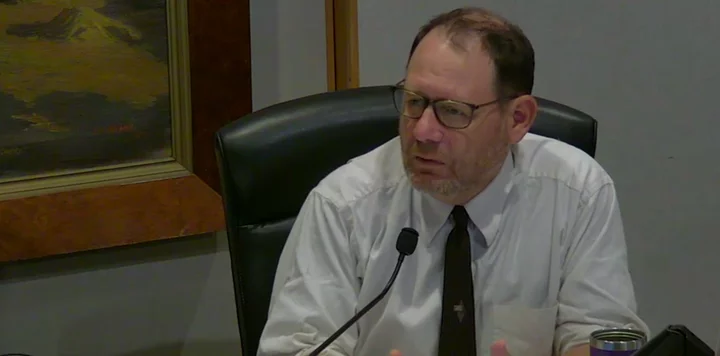The cannabis market is evolving at a rapid pace. As legalization sweeps across more states, shelves are increasingly lined with mass-produced flower, oils, and edibles from multi-state operators (MSOs). While large companies often dominate with scale and distribution, a new movement is gaining momentum among discerning consumers: small batch cannabis. Much like the rise of craft beer and artisan spirits, small batch cannabis is capturing the attention of connoisseurs who value quality, authenticity, and unique experiences over volume and uniformity.
This growing preference is not just about what’s inside the jar—it’s about how it’s grown, who’s behind it, and the connection between plant and consumer. In an industry where hype often overshadows substance, small batch producers are carving out space by focusing on meticulous cultivation, transparency, and innovation.
Defining Small Batch Cannabis
The term “small batch” in cannabis refers to products cultivated in limited quantities, often under carefully controlled conditions. Unlike large-scale grows that may prioritize yield and efficiency, small batch operations are rooted in craft. These producers typically oversee every step of the process, from genetics and cultivation to curing and packaging.
This approach allows them to maintain quality control at a level difficult for industrial-scale growers to achieve. Factors such as soil composition, light spectrum, humidity, and nutrient schedules can be fine-tuned to coax out the plant’s full expression of cannabinoids and terpenes. The result is flower and concentrates that not only deliver potency but also capture the nuanced flavors and aromas that connoisseurs seek.
Why Connoisseurs Prefer Small Batch Weed
1. Superior Terpene Profiles
Connoisseurs are not simply chasing high THC percentages anymore. Flavor, aroma, and the entourage effect matter just as much. Small batch cultivation practices, like slow curing and hand trimming, preserve delicate terpenes that are often lost in mass production. This makes each strain more expressive and memorable.
2. Authentic Genetics
Small batch growers often experiment with rare or heirloom genetics, producing strains unavailable in mainstream dispensaries. This sense of discovery and exclusivity appeals to seasoned consumers who want more than the standard offerings.
3. Transparency and Storytelling
For many, knowing the grower or the origin of a strain adds value. Small batch brands excel in building a direct relationship with consumers, offering transparency about cultivation methods, sustainability practices, and ethos.
Small batch producers are typically embedded in their local communities. They engage directly with dispensaries, educate budtenders, and sponsor grassroots events. This localized presence creates loyalty that corporate brands often struggle to replicate.
The Craft Cannabis Parallel to Beer and Spirits
The success of small batch cannabis mirrors what happened in craft beer and artisan spirits. At one time, large breweries and distilleries dominated, but today’s market thrives on differentiation, creativity, and authenticity. Just as beer enthusiasts moved from mainstream lagers to craft IPAs, cannabis consumers are shifting from generic high-THC flower to carefully crafted products with distinctive profiles.
In both industries, the consumer journey is driven by connoisseurship. Limited releases, small production runs, and collaborations create excitement. People line up not just for the product but for the story behind it—the farmer’s vision, the growing method, the unique genetics.
Sustainability as a Differentiator
Many small batch cannabis producers align their cultivation with sustainability. Indoor grows consume massive amounts of energy, but smaller, environmentally conscious operators often adopt practices like LED lighting, organic nutrients, living soil systems, and water recycling. This eco-conscious approach resonates with consumers who want their purchases to align with personal values.
By producing in smaller, controlled environments, these brands reduce waste and optimize efficiency. They also tend to use eco-friendly packaging, further differentiating themselves from larger companies that often rely on cost-cutting plastics.
The Entourage Effect and Consumer Education
The entourage effect—the synergistic interaction between cannabinoids, terpenes, and flavonoids—is at the heart of small batch cannabis appreciation. While mass producers may focus on maximizing THC, small batch cultivators highlight the interplay of all compounds.
Educating consumers about this holistic experience is one of the most powerful tools small batch brands wield. Dispensaries that feature small batch products often note that customers return not for the highest THC count, but for the most enjoyable and consistent experience.
Challenges Facing Small Batch Cannabis
Despite their appeal, small batch brands face significant challenges. Licensing fees, compliance costs, and high taxes can be burdensome, especially for operators who do not have large financial backing. Distribution is another hurdle, as shelf space in competitive markets often goes to companies with established networks or marketing budgets.
Pricing is also a delicate balancing act. Small batch cannabis, due to its handcrafted nature, often comes at a premium. Educating consumers on why that premium is justified is essential to sustained growth.
The Role of Budtenders in Small Batch Success
Budtenders play a critical role in guiding consumer choices at dispensaries. For small batch brands, ensuring that budtenders understand the uniqueness of their products can make all the difference. Providing training, samples, and educational materials helps these frontline advocates communicate the value of small batch cannabis to customers.
Brands that invest in budtender relationships often see stronger sales, as recommendations carry weight in the decision-making process.
Technology Meets Craft
Interestingly, small batch does not mean outdated. Many craft growers adopt cutting-edge technology such as AI-driven cultivation monitoring, precision nutrient delivery, and terpene preservation methods. Technology allows small producers to optimize quality while maintaining consistency, without succumbing to industrial-scale compromise.
This hybrid approach—combining artisanal passion with modern tools—creates a distinctive advantage. It allows small batch brands to showcase authenticity while delivering reliable products.
Why the Future Belongs to Craft
As cannabis consumers mature, their preferences evolve. Early markets were dominated by potency and price, but today’s consumers increasingly demand quality, transparency, and sustainability. Small batch cannabis brands are uniquely positioned to meet those expectations.
Mainstream companies may continue to dominate in scale, but the premium sector—where consumers are willing to pay more for better experiences—will likely be led by small batch innovators. Just as wine enthusiasts still flock to small vineyards despite supermarket giants, cannabis connoisseurs will always seek out craft.
Example Brands Making an Impact
Across New York and beyond, numerous small batch producers are shaping this cultural and economic shift. Brands emphasize slow curing, solventless concentrates, eco-friendly practices, and strong community ties. Silly Nice, a Harlem-based Black and Veteran-owned craft cannabis brand, is an example worth checking out for those exploring the impact small batch producers can have in competitive markets.
Conclusion
The rise of small batch cannabis represents a cultural turning point in the industry. It is a movement defined not by quantity but by quality, creativity, and authenticity. Connoisseurs are rewarding brands that take the time to perfect their craft, educate their consumers, and build real community connections.
While challenges remain, small batch cannabis is not a niche fad. It is part of a larger shift in consumer behavior, one that values experience, sustainability, and transparency over mass production. For the discerning consumer, small batch is more than just cannabis—it is a lifestyle, a commitment to quality, and a return to the roots of what makes the plant truly special.
As legalization expands and consumer knowledge deepens, the demand for carefully crafted, small batch weed will only grow stronger. The future of cannabis culture may well be written not by the largest players in the field, but by the artisans who treat each plant, each strain, and each product as a labor of love.

![]() View original content to download multimedia:https://www.prnewswire.com/news-releases/canopy-usa-welcomes-cannabis-veteran-eric-ruhle-as-new-vice-president-of-brand-sales-302539355.html
View original content to download multimedia:https://www.prnewswire.com/news-releases/canopy-usa-welcomes-cannabis-veteran-eric-ruhle-as-new-vice-president-of-brand-sales-302539355.html



